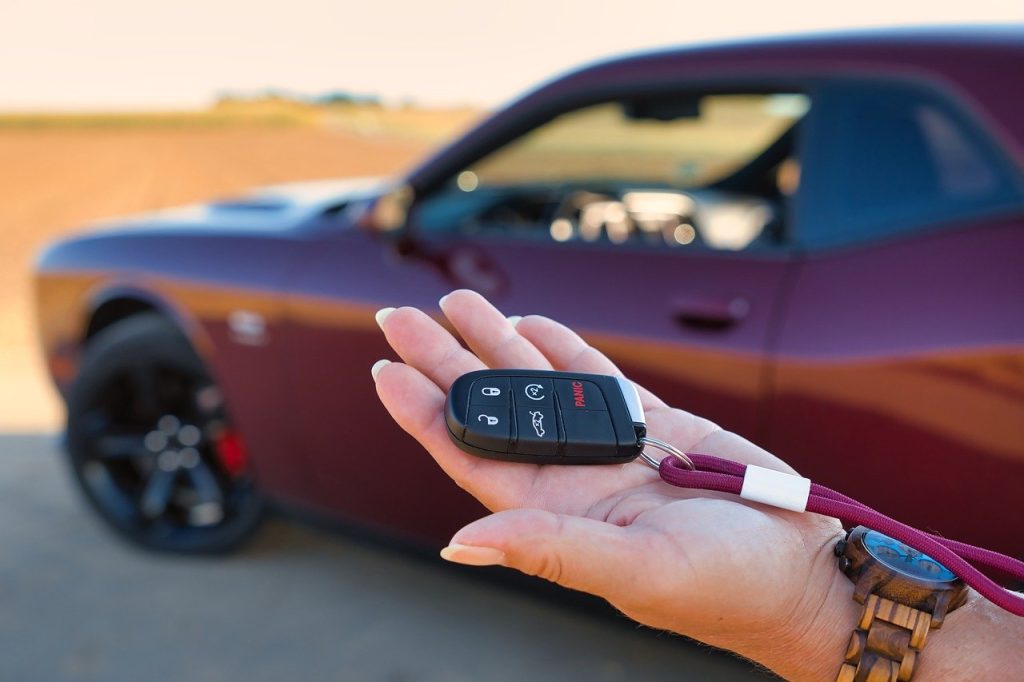Leasing a car in Spain offers a convenient and affordable solution for long-term travel, business needs, or everyday commuting. However, understanding the insurance requirements is crucial to ensure financial protection and compliance with Spanish laws. Whether you’re a local resident or an expatriate, having the right insurance coverage is vital for peace of mind and legal protection.
In this article, we’ll explore the different types of car insurance, legal requirements, optional coverages, and key considerations when leasing a car in Spain.
1. Legal Insurance Requirements in Spain
Spanish law mandates that all vehicles on the road carry at least third-party liability insurance, also known as Seguro de Responsabilidad Civil Obligatoria. This policy covers:
- Damage to third parties: This includes bodily injury and property damage caused by the insured driver to others.
- Exclusions: This insurance does not cover damage to the driver’s own vehicle or personal injuries.
Without this minimum insurance, you are not legally allowed to drive on Spanish roads. Authorities can impose heavy fines, seize the vehicle, or suspend your driving license if you are caught without coverage.
Most car leasing companies in Spain include this mandatory third-party insurance as part of the leasing contract.
2. Types of Car Insurance for Leasing
In addition to the required third-party liability insurance, leasing companies may offer additional coverage to protect both you and the car. Below are common types of insurance you may encounter:
a) Third-Party, Fire, and Theft Insurance
This policy extends beyond basic liability insurance and includes:
- Protection against fire damage
- Theft coverage: Compensation if the car is stolen
- Partial damage protection: Damage resulting from attempted theft
This coverage is more comprehensive than basic liability insurance but still excludes collision and personal accident coverage.
b) Fully Comprehensive Insurance (Seguro a Todo Riesgo)
Fully comprehensive insurance is highly recommended when leasing a car in Spain. It covers a wide range of risks, including:
- Damage to the leased car: Covers repair costs for accidents regardless of who is at fault.
- Vandalism and natural disasters: Damage from events such as floods, storms, or malicious acts.
- Personal injury: Provides medical coverage for the driver and passengers in case of an accident.
With this coverage, drivers often benefit from greater peace of mind, especially if they plan to use the car frequently or travel long distances.
c) GAP Insurance
Guaranteed Asset Protection (GAP) insurance is particularly useful for leased cars. In the event of total loss (e.g., theft or severe damage), this policy covers the difference between the car’s current market value and the remaining lease payments. Without GAP insurance, drivers may face significant financial losses.
3. Coverage Considerations for Expats and Non-Residents
Expats and non-residents face unique challenges when leasing a car in Spain. It’s essential to understand how local insurance policies apply to your situation.
a) International Driving Permit (IDP)
If you hold a driving license issued outside the European Union (EU), you may need an International Driving Permit (IDP) to drive legally in Spain. Some insurance policies may not be valid if you do not have an IDP, so check the requirements carefully.
b) Temporary Residency vs. Permanent Residency
- Temporary residents: Leasing companies typically offer short-term contracts with included insurance coverage.
- Permanent residents: You may have access to more customized insurance options, including discounts based on a clean driving history.
4. Leasing Contract Terms and Insurance
When leasing a car in Spain, insurance coverage is often bundled with the contract. However, it’s crucial to read the terms carefully to understand:
- What is included: Check if third-party liability, theft, or comprehensive coverage is provided.
- Deductibles: Also known as excess (franquicia), this is the amount you are responsible for paying in case of a claim. Lower deductibles often result in higher monthly premiums.
- Optional add-ons: Leasing companies may offer additional coverage for roadside assistance, windshield repair, or tire damage.
5. Costs and Premiums
The cost of car insurance for leased vehicles varies based on several factors, including:
- Vehicle type and value: Luxury or high-performance cars typically require higher premiums.
- Driver’s age and experience: Younger or less experienced drivers may face higher insurance rates.
- Driving history: A clean driving record can lead to lower premiums.
- Coverage limits: Policies with higher coverage limits and lower deductibles generally cost more.
Leasing companies often include basic insurance in the monthly lease payment, but you may have the option to upgrade your coverage.
6. How to File an Insurance Claim
In the unfortunate event of an accident or theft, it’s important to know how to file an insurance claim:
- Contact the police (Guardia Civil or local authorities) to report the incident.
- Notify the leasing company and insurance provider as soon as possible.
- Provide documentation, including the accident report, photos, and witness statements.
- Follow the claims process as instructed by the insurance company. Depending on the coverage, repairs may be arranged by the leasing company.
Prompt reporting and documentation are key to ensuring a smooth claims process.
7. Common Insurance Terms in Spain
When dealing with car insurance, you may come across the following Spanish terms:
- Póliza: Policy
- Siniestro: Claim or loss event
- Franquicia: Deductible or excess
- Perito: Insurance assessor
- Cobertura: Coverage
Understanding these terms can help you navigate insurance contracts and communicate effectively with providers.
8. Tips for Choosing the Right Insurance
To ensure you have adequate protection when leasing a car in Spain, consider these tips:
- Compare options: Research different insurance providers and leasing companies to find the best coverage for your needs.
- Read reviews: Look for feedback from other customers regarding claims processing and customer service.
- Understand exclusions: Make sure you know what is not covered by your policy.
- Ask questions: Don’t hesitate to seek clarification on policy terms, coverage limits, and deductibles.
Conclusion
Insurance is a crucial aspect of leasing a car in Spain. While the minimum third-party liability insurance is mandatory, additional coverage options such as comprehensive insurance and GAP insurance can provide greater peace of mind. By understanding the legal requirements, coverage types, and costs, you can make informed decisions and enjoy a worry-free leasing experience
Frequently Asked Questions (FAQs)
What type of car insurance is required by law in Spain?
Third-party liability insurance is mandatory for all vehicles in Spain
Can expats lease a car with insurance in Spain?
Yes, expats can lease cars, and most leasing contracts include insurance coverage
What is comprehensive car insurance (Seguro a Todo Riesgo)?
It is an insurance policy that covers damage to your car, third-party damage, theft, vandalism, and personal injury
Is GAP insurance necessary for leased cars?
GAP insurance is recommended to cover the difference between the car’s market value and the remaining lease payments in case of total loss
How do I file an insurance claim after an accident?
Report the incident to the police, notify your insurance provider, and submit required documentation to begin the claims process





